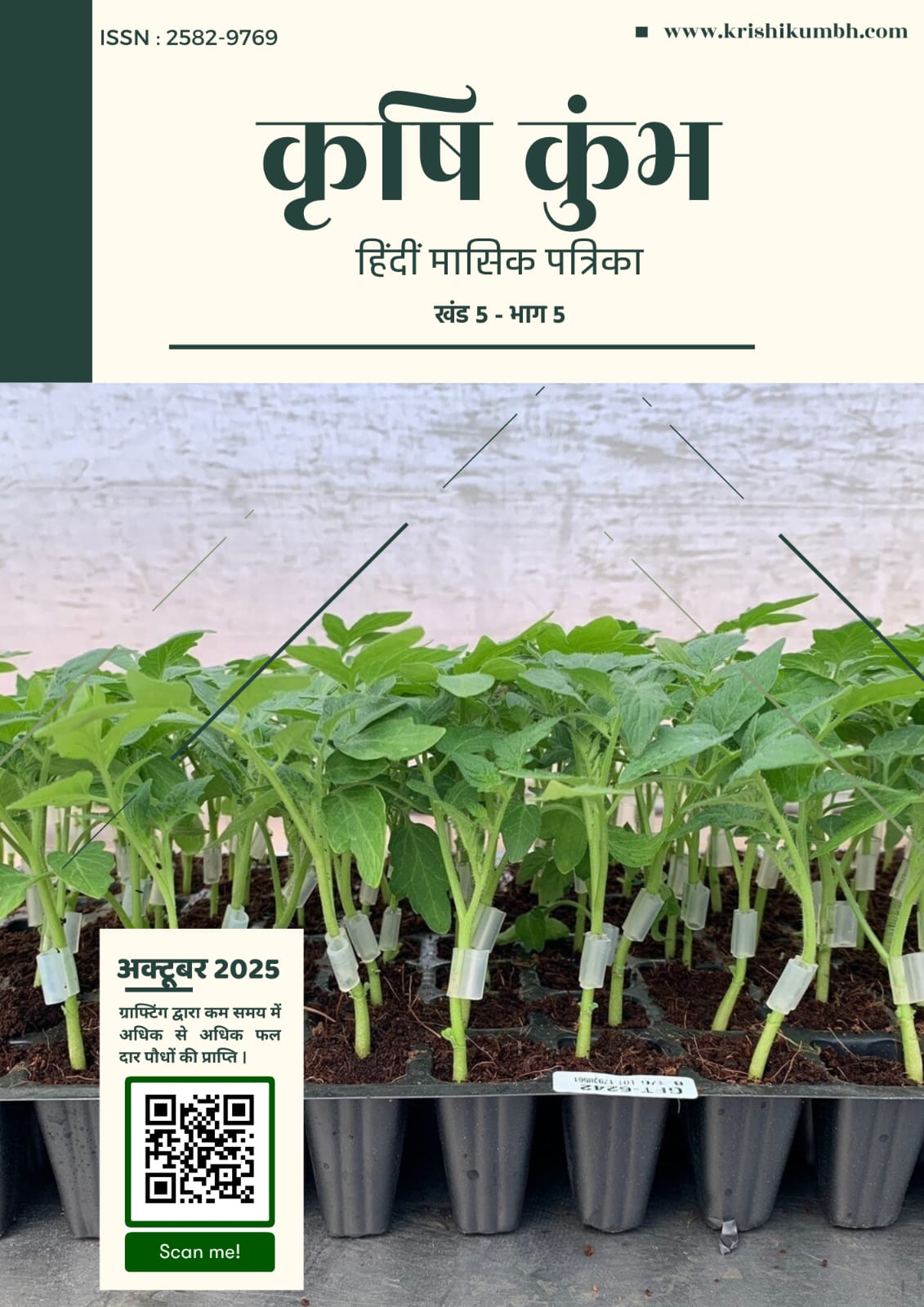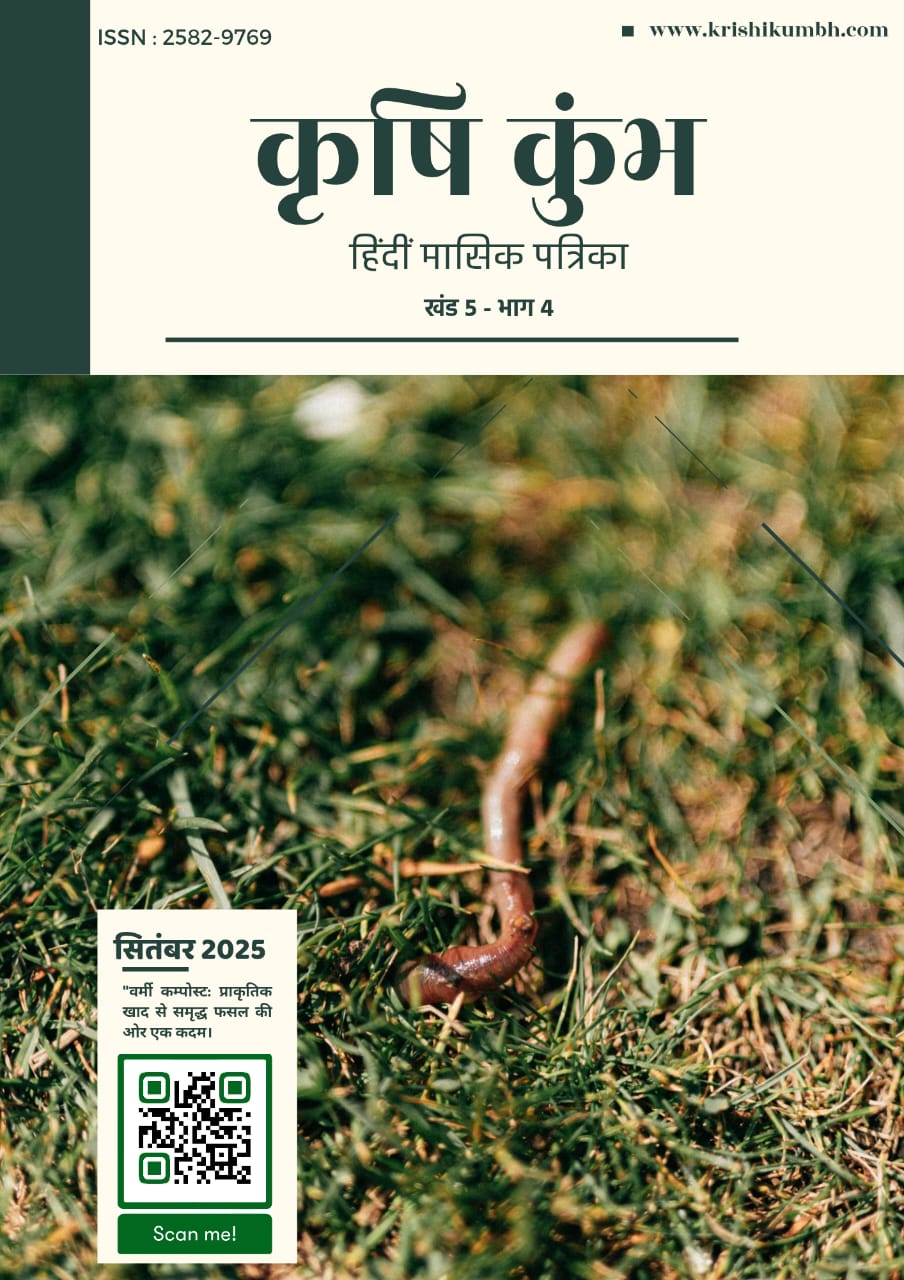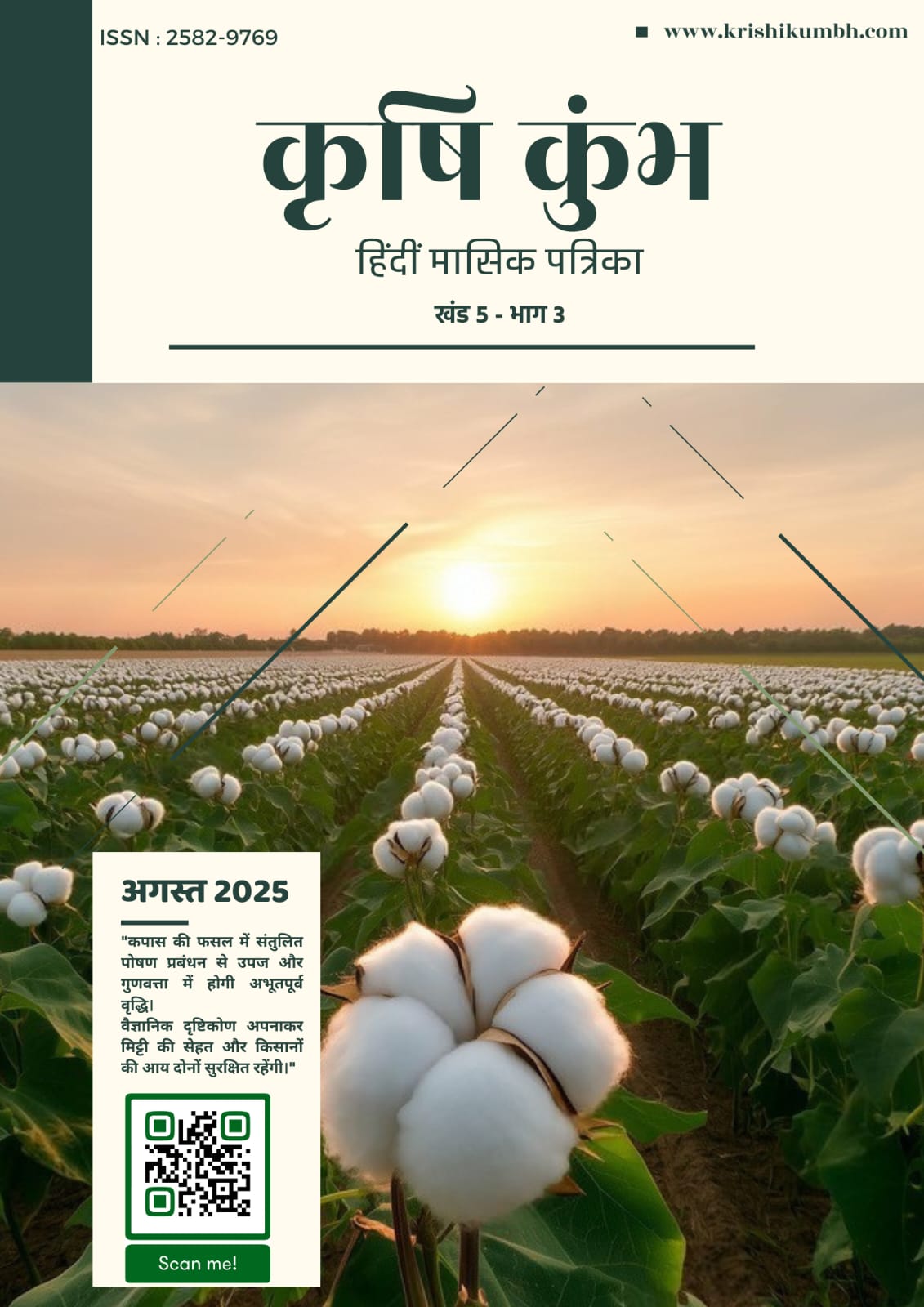|
Agriculture is the art and science of cultivating the soil, growing crops and raising livestock. It includes the preparation of plant and animal products for people to use and their distribution to markets. Before agriculture became widespread, people spent most of their lives searching for food—hunting wild animals and gathering wild plants. Nearby, 11,500 years ago, people gradually learnt how to grow cereal and root crops and settled down to a life based on farming. Subsistence farming is when someone farms a small area with limited resource inputs and produces only enough food to meet the needs of his/her family. At the other end is commercial intensive agriculture, including industrial agriculture. Such farming involves large fields and/or numbers of animals, large resource inputs (pesticides, fertilisers, etc.), and a high level of mechanisation. These operations generally attempt to maximise financial income from grain, produce, or livestock. Modern agriculture extends well beyond the traditional production of food for humans and animal feed. Other agricultural production goods include timber, fertilisers, animal hides, leather, industrial chemicals (starch, sugar, alcohols and resins), fibres (cotton, wool, hemp, silk and flax), fuels (methane from biomass, ethanol, biodiesel), cut flowers, ornamental and nursery plants, tropical fish and birds for the pet trade, and both legal and illegal drugs (biopharmaceuticals, tobacco, marijuana, opium and cocaine). The 20th century saw massive changes in agricultural practice, particularly in agricultural chemistry. Agricultural chemistry includes the application of chemical fertilizer, chemical insecticides, and chemical fungicides, soil makeup, analysis of agricultural products, and nutritional needs of farm animals. Beginning in the Western world, the Green Revolution spread many of these changes to farms throughout the world, with varying success. Other recent changes in agriculture include hydroponics, plant breeding, hybridisation, gene manipulation, better management of soil nutrients, and improved weed control. Genetic engineering has yielded crops which have capabilities beyond those of naturally occurring plants, such as higher yields and disease resistance. Modified seeds germinate faster and thus can be grown in an extended growing area. Genetic engineering of plants has proven controversial, particularly in the case of herbicide-resistant plants. Increasing population, changing climate, diminishing resources and increasing disposable incomes have put agriculture worldwide under tremendous pressure. While the developed countries moved up in the food, nutrition and health chain through technological advancements, second- and third-world countries are grappling with challenges in farming and food production. Developing and underdeveloped nations, in order to boost agriculture and unlock the potential of trade and technologies, need cooperation and collaboration and global experiences at an accelerated pace. Our AIMThe aim of Krishi Kumbh Magazine is to publish about the latest innovations and upcoming experimental technologies which are going to be adopted globally in the field of agriculture. This would help in disseminating scientific information and the latest findings among the scientific community related to agriculture all over the globe. This is achieved by: Independent peer review Authentic and plagiarised articles selected and reviewed by the Editorial Board and Subject Specialists. Publishing via open access channels in the form of e-magazines. |
|
The Krishi Kumbh is an open access platform for all the researchers, students, scholars and scientists to spread awareness regarding the technologies and agriculture sector by publishing articles in the agriculture sector. The Krishi Kumbh e-magazine will be published monthly. The aim of the Krishi Kumbh online magazine is to publish information about the latest innovations and upcoming experimental technologies to be adopted globally in the field of agriculture and allied sciences. |
Our e-Magazine
Krishi Kumbh Hindi E-Magazine
Volume 05 Issue 05 [October 2025]
Volume 05 Issue 04 [September 2025]
Vol 05 Issue 03
(August Issue)
Volume 05 Issue 03 [August 2025]
Vol 05 Issue 02
(July Issue)
Volume 05 Issue 02 [July 2025]
Vol 05 Issue 01
(June Issue)
Volume 05 Issue 01 [June 2025]
Vol 04 Issue 12
(May Issue)
Vol 04 Issue 11
(April Issue)
Volume 04 Issue 11 [April 2025]
|
Vol 04 Issue 10 (March Issue) |
Vol 04 Issue 09 (Febraury Issue) |
Vol 04 Issue 08 (January Issue) |
 |
 |
|
| Volume 04 Issue 09 [ February 2025] | Volume 04 Issue 08 [ January 2025] |
For more please visit Archive Page...
Magazine Particulars
| Title | : | Krishi Kumbh |
| Frequency | : | Monthly |
| Online ISSN | : | 2582-9769 |
| Publisher | : | Dr. Abhinav Kumar, Maitri Bagh Colony, Head Post Office, Pilibhit, 262001 |
| Chief Editors | : | Dr. R.P. Singh |
| Copyright | : |
Dr. Abhinav Kumar, Maitri Bagh Colony, Head Post Office, Pilibhit, 262001 |
| Starting Year | : | 2021 |
| Subject | : | Agriculture |
| Language | : | Hindi |
| Publication Formate | : | Online |
| Phone No. | : | - |
| Email Id: | : | chiefeditor@krishikumbh.com or editorkkb@gmail.com |
| Mobile No. | : | +91 9670831322 |
| Website | : | https://krishikumbh.com/ |
| Address | : | Dr. Abhinav Kumar, Maitri Bagh Colony, Head Post Office, Pilibhit, 262001 |










